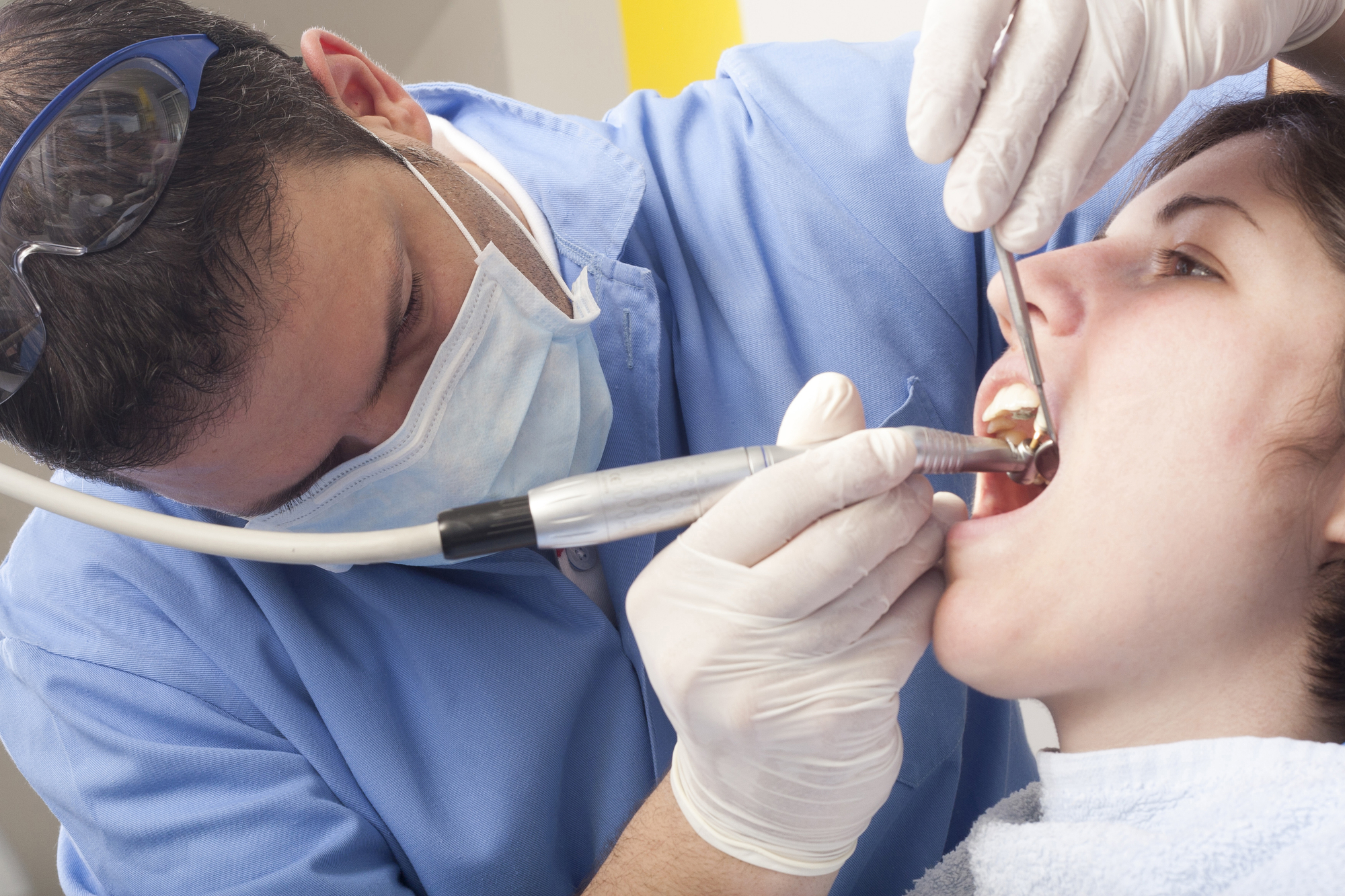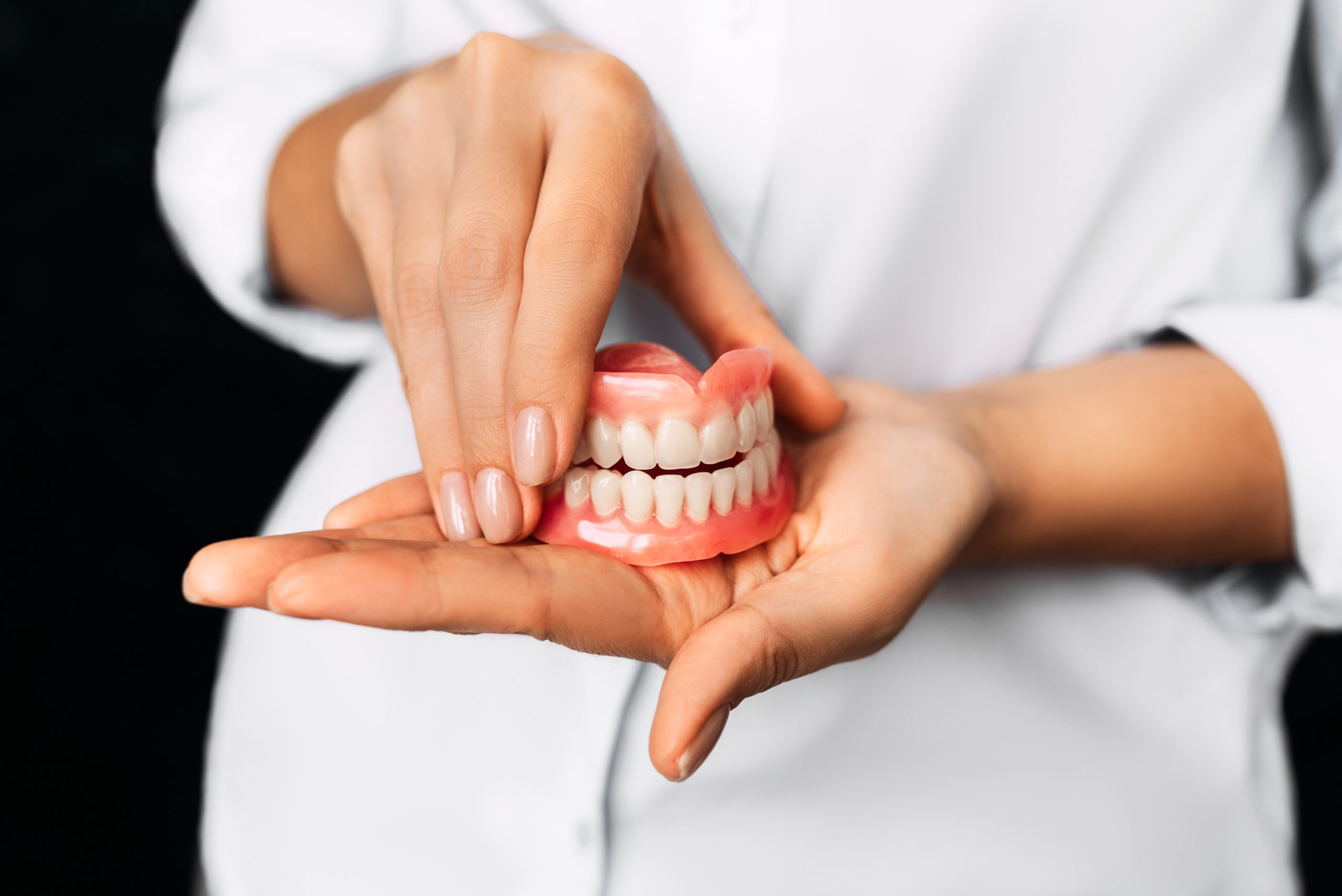
When people want to improve the way their smile looks, they often look towards teeth whitening. In fact, the Australian Dental Associate reported that 1 in 5 people bleached their teeth in 2020. Do you want to whiten your teeth but haven’t scheduled a dental cleaning appointment in quite some time. If this sounds like you, then slow your roll. For many reasons, it’s wise to schedule dental cleanings before teeth whitening treatments. Dr. Arpit Pathak of Magic Smiles Dental and Implant Centre thoroughly explains why:
You might discover that you don’t need teeth whitening.
Teeth cleaning doesn’t whiten your teeth. Still, it is an effective way to remove surface-level stains. Professional dental cleanings aim to remove pesky plaque, tartar, and food particles that cannot at-home flossing and brushing cannot reach.
Specifically, tartar is infamous for staining dental enamel with a yellowish-brownish color. Once the plaque on your teeth calcifies into tartar, dental team members must use a scaler. A scaler is a specialized dental hygiene tool that effectively removes tartar. Removing gunk from your mouth not only improves the way your teeth feel. It can also lead to less intense dental staining.
Your dentist can spot tooth decay and gum disease before it worsens.
Dentists can look at their patients’ teeth close up during dental cleanings. Here, they can spot dental issues that aren’t always noticeable to the naked eye. Before any cosmetic dentistry treatment, it’s wise to treat any oral health issues to maximize results.
Furthermore, powerful bleaching agents found in teeth whitening products can extensively damage your teeth and aggravate your gums. Consequently, you might suffer further discomfort or irritation if you bleach your teeth with existing dental issues. If your teeth are already compromised before treatment, you might experience irreversible damage after whitening.
Usually, dental insurance covers dental cleanings.
Even though insurance companies deem dental cleanings medically necessary, they don’t believe this same sentiment towards whitening treatments. Cosmetic dentistry treatments (like teeth whitening) only improve the way your smile looks and must be paid for in full by the patient.
By undergoing teeth cleaning first, you’ll have better results.
If you have food particles, plaque, and tartar on the surface of your teeth, bleaching agents in teeth whitening treatments cannot work as effectively. So, removing plaque and tartar yields more effective and noticeable results. You might be more satisfied with the dramatic transformation by cleaning your teeth before whitening treatments.
Visit us for dental cleanings, whitening treatments, and more!
Aside from normal discoloration, you might accumulate staining from neglecting dental health for an extended period, smoking, drinking dark-colored liquids, and natural aging. If you’re still unhappy with the color of your teeth after dental cleanings, you might want to consider adding on whitening treatments to gently bleach your enamel. However, it’s possible that your staining won’t budge with a traditional whitening treatment. If deep, intrinsic staining is causing your discoloration, then you might have to consider more extensive cosmetic dentistry treatments (for example, veneers).
Are you self-conscious about your teeth? First, schedule a standard dental cleaning at Magic Smiles Dental and Implant Centre by calling (02) 6654-0650 or messaging us online. If you are still insecure about your teeth, there’s no shame in adding on or coming back in for teeth whitening treatment at our Woolgoolga or Coffs Harbour, NSW locations. We look forward to helping you feel more comfortable and content with your smile.






Recent Comments